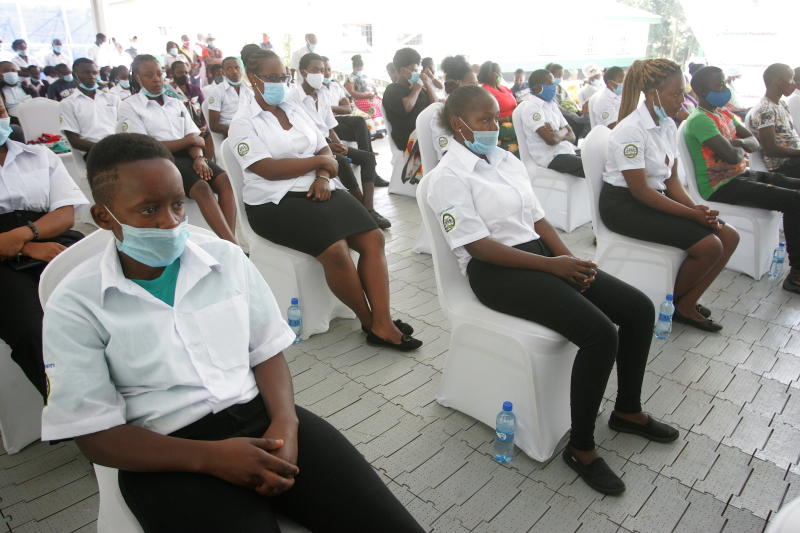×
The Standard e-Paper
Home To Bold Columnists

It’s been one year of uncertainty and pain. People have lost lives and jobs, thanks to the Covid-19 pandemic that is stifling economies around the world.
One of the challenges many private middle-level colleges faced was teaching practical skills online. Virtual learning was the only option all learning institutions had after the government ordered them closed to curb the spread of the disease.